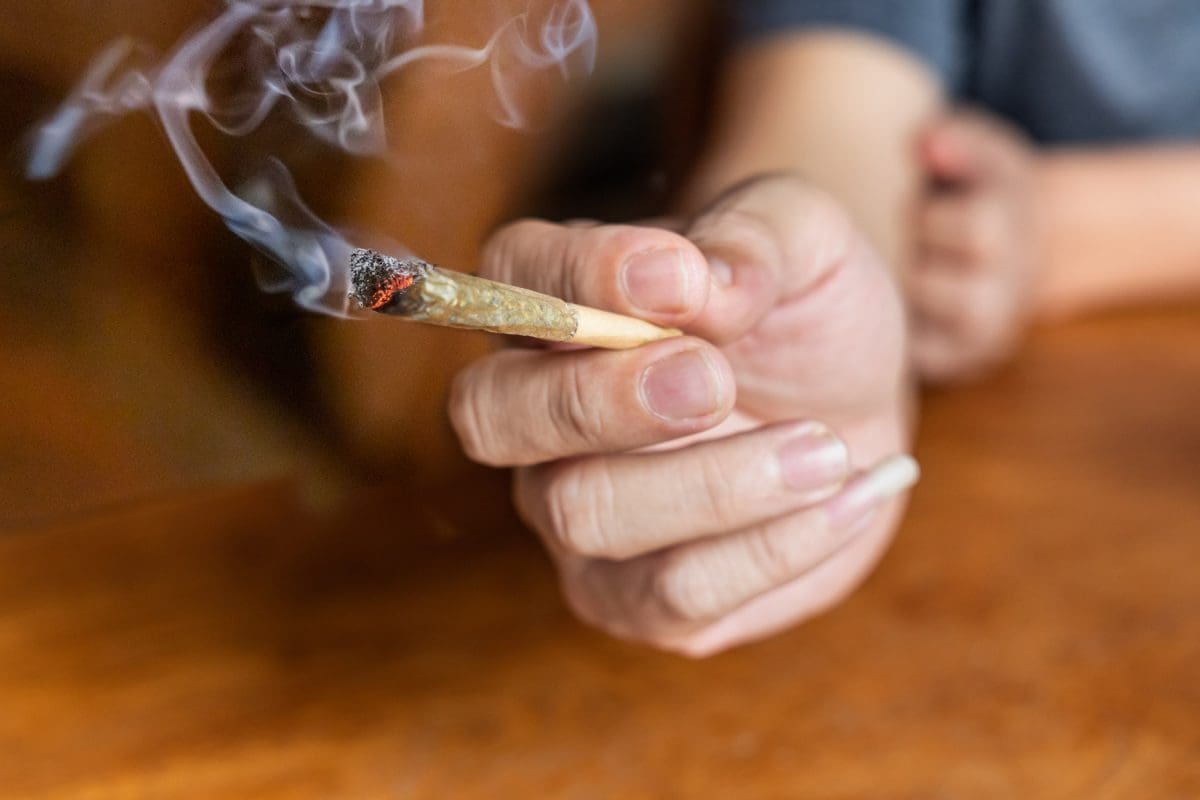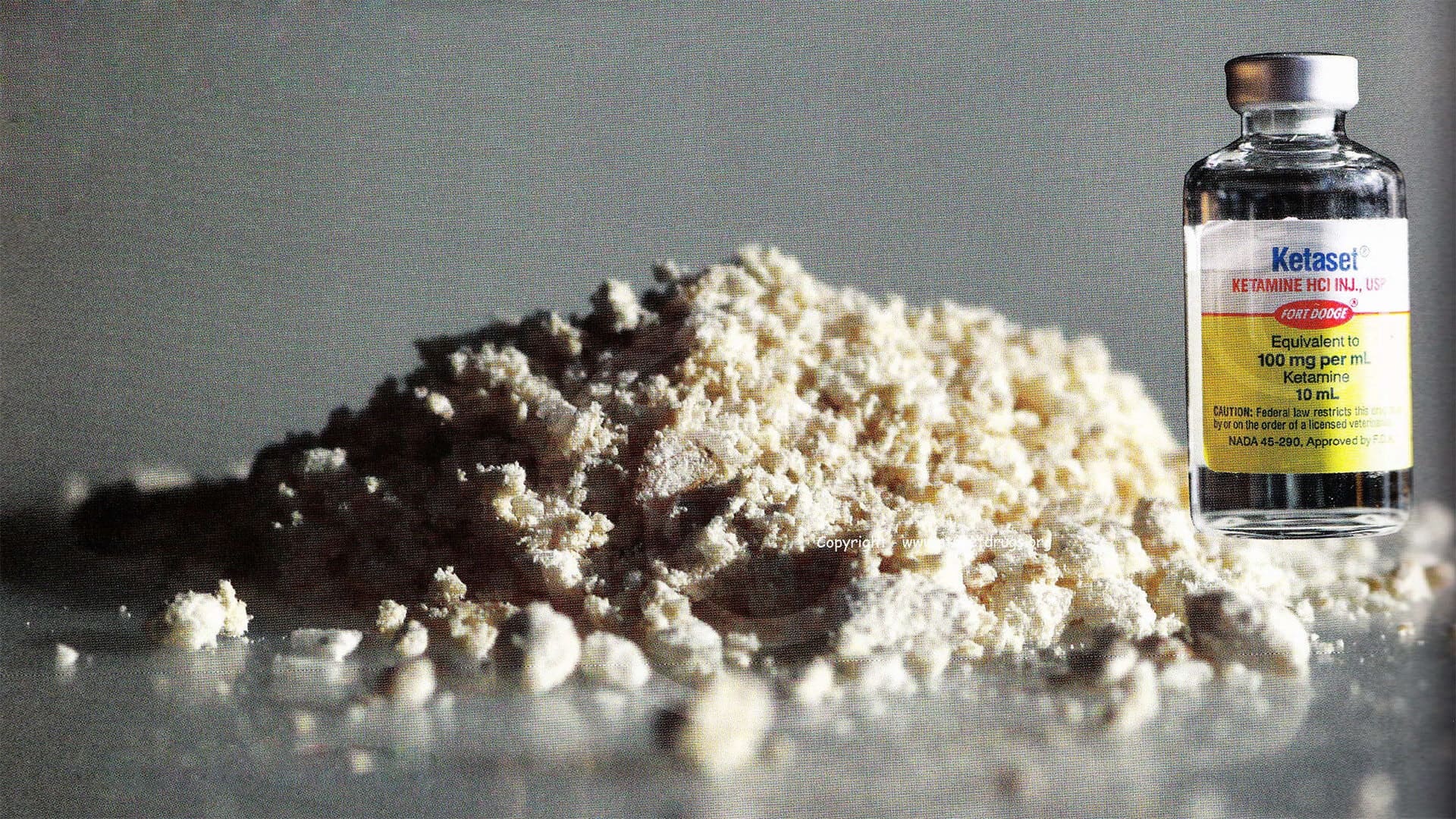“My own journey through addiction was the inspiration for Delamere. We provide exemplary care in first-class facilities, focusing on creating lasting outcomes for our guests and their families. Helping them not just overcome their addiction, but grow beyond it.”
Cocaine Addiction Treatment and Help
At Delamere, we help people get cocaine abuse help with detox and rehabilitation at our purpose-built wellness retreat. We have proven that anyone can recover from cocaine addiction with the right support and treatment.


What is cocaine addiction?
Many who suffer from cocaine addiction are unable to break the cycle of compulsive cocaine use, even when the drug’s negative effects become life-threatening. This isn’t because they are weak, it’s due to chemical and structural alterations in the brain.
Cocaine addiction is caused by effects on the brain’s reward system. By fuelling a spike in the feel-good chemical, dopamine, the brain begins to positively associate cocaine with intense feelings of euphoria.
Over time, natural dopamine production diminishes and normal pleasures, such as enjoying hobbies and food, become less satisfying. As a result, the brain starts to crave higher levels of cocaine to maintain a happy equilibrium.
When people repeatedly use cocaine, this builds up a tolerance, which leads to psychological and physical dependence and, ultimately, addiction.
How does cocaine affect the brain and body?
Studies show cocaine has both short and long-term effects on our health. ¹
Cocaine is a fast-acting drug and brings, usually short-lived, behavioural effects, such as high temperature and dilated pupils. It is also known to affect the brain.
Initially, impacts on brain cells may last a few weeks, but with repeated exposure, they are understood to last for months or years and may be irreversible. ²
It’s thought these changes to the brain are part of what leads to cocaine addiction.
Cocaine can be fatal or cause long term damage, even on first use, especially to those with pre-existing heart conditions or high blood pressure. It is even more dangerous when mixed with other drugs or alcohol.
Longer-term use and high quantities of cocaine are most likely to result in long-term, effects and symptoms.
Delamere’s innovative approach

“Delamere focuses on equipping you with the tools to love sobriety and understand what led to the addiction in the first place which really helped me grow.” – Former Delamere guest
View Our Treatment Model View our Environment Call now: 0330 111 2015
Signs and symptoms of cocaine abuse
The signs of cocaine abuse vary between different people. It often depends on the quantity and frequency of drug taking. Here are some early warning signs, as well as obvious changes in behaviour and physical health, that may indicate you need cocaine addiction treatment.
Early warning signs of cocaine abuse
- Taking cocaine even when trying to cut down or stop using it
- Being dishonest about using cocaine, how much or how often they use
- Continuing to take cocaine despite it causing harm and negative effects
- Taking cocaine alone or seeking out people who will agree to take it with them
- Going to extremes to get hold of cocaine such as lying or stealing
Behavioural changes in cocaine addiction
- An excitable and hyperactive or particularly anxious and panicky demeanour
- Losing interest in other things that don’t involve cocaine use
- Using cocaine at all times of the day and outside of social situations
- Suffering withdrawal symptoms from cocaine
- Displaying signs of anxiety or depression
- Paranoia and over confidence
- Heightened sex drive
Physical health indicators of a cocaine problem
- Loss of weight (due to the appetite suppressing quality cocaine can have)
- High blood pressure or palpitations
- Fitful sleep or insomnia
- Dilated pupils
- Frequent nosebleeds
- Excessive sweating and tremors
People typically come into cocaine rehab when their relationship with the drug has begun to take over their daily life, affecting relationships, finances, and work.
If you’ve reached a point where nothing stops you thinking about cocaine, it’s time to accept that you have a problem and need to access cocaine addiction treatment.
Delamere use a trusted approach to cocaine addiction treatment that is really works. By joining our cocaine rehab programme, which includes complete cocaine detox and withdrawal, you will grow beyond addiction.


Our 4-phase Holistic Cocaine Addiction Treatment Programme
Cocaine addiction treatment at Delamere is designed to provide you or a loved one with the necessary tools to live a life free from addiction.
During your time at Delamere, our four-phase programme will start by taking you through a safe and assisted cocaine detox supervised by our team of medical professionals.
United by a common goal to support guests in growing from addiction, our Delamere team is made up of passionate therapists, doctors, nurses, counsellors, and support staff, some of whom have also overcome addictions themselves.
Our emphasis is on holistic care to treat addiction and associated issues. This means that we treat the whole person rather than just the symptoms they present with. We believe that successful treatment runs far deeper than simply stopping the addictive substance or behaviour.
Our approach at Delamere comprises four core phases: Stop, Start, Grow, & Bloom. Everything we offer at Delamere aims at effective and lasting outcomes in addiction treatment:
Cocaine Detox and Withdrawal – What to expect
The first part of Delamere’s cocaine addiction treatment is a medically supervised detox. This gives your body the support it needs to safely remove cocaine from your system.
You’ll undergo a psychiatric assessment and be prescribed medication to help reduce cocaine withdrawal symptoms and drug cravings. Qualified nursing staff and therapists are on hand to provide round-the-clock support and keep you comfortable.
Day 1 to 3
In the first few days of cocaine detox, symptoms include fatigue, cravings, increased appetite, irritability, poor concentration and depression or anxiety. We will monitor your general health, such as your heart rate, and provide short-term medication to help with problems such as lack of sleep or anxiety.
Week 1 to 2
Symptoms tend to peak around day three where you may begin to experience more intense cravings, panic attacks and low mood. Daily medical monitoring and psychological support will help to curb withdrawal symptoms, and we’ll start to introduce structured therapy and one-to-one counselling sessions.
Week 3 onwards
During this phase of the programme your cocaine withdrawal symptoms will gradually fade. You’ll continue to be supported by our team, who have firsthand experience of recovery. They will find the best way for you to address your cocaine addiction and change harmful behaviour through evidence-based treatments.
Support for Families and Loved Ones Affected by Cocaine Addiction
Living alongside someone who has a cocaine problem can be exhausting, painful, and confusing. If you are looking for help for a friend, working with someone, or living alongside someone who is displaying symptoms of cocaine addiction, we’re here to help.
It may be that the person in question is in denial about the extent of their problem, possibly even refusing to acknowledge that there even is one.
At Delamere, we provide family support services as well as intervention services whereby we help prepare and rehearse a formal intervention that will culminate in your loved one entering treatment with us.
Let us help you today
Start your recovery journey by contacting us today.
Confidential. Straightforward. Friendly.
FAQs about cocaine addiction
Cocaine increases the levels of a chemical called dopamine which gives a sense of euphoria and wellbeing. Regular users of cocaine become accustomed to increased dopamine levels – such that when they don’t use the drug they feel ‘lacking’ and depressed. Cravings and an incessant thought of cocaine often feature and are overwhelming.
If you, or a loved one, are struggling to accept your problem with substances and are avoiding treatment for cocaine addiction, it will likely have severe long-term physical side effects including but not limited to:
- Permanent damage to the heart and brain.
- Damage to or loss of the cartilage that divides the nostrils.
- Respiratory problems or failure.
- Vein damage, ulcers, and gangrene.
Visit our help guides to find a comprehensive list of the effects of cocaine.
We have a highly experienced, friendly admissions team, just a phone call away to discuss any queries that you may have about getting help with cocaine addiction. You can contact us today, either by phone, email, or live chat.
Mixing cocaine and viagra can cause heart problems, stroke or a persistent and painful erection (lasting more than four hours) that can lead to long term damage.
Viagra should not be taken by mixed with nitrates – often included in medicines for chest pains and which may be mixed into cocaine by dealers. The combination of nitrates and Viagra can cause a dangerous drop in blood pressure.
There have been reports the combination of drugs can trigger what is known as ‘serotonin syndrome,’ a reaction of too much serotonin building up in the body, which can cause confusion, disorientation, hallucinations and tremors.
Viagra is not advised for people with certain conditions.
Yes, there is clear evidence to support that cocaine abuse can cause depression. The more chronic the cocaine use, the higher the risk of developing depression and long term brain damage.
Depression is common in cocaine addicts. The rate of depression recorded in chronic and long term cocaine users is significantly higher than in the rest of the general population.
Cocaine causes a huge amount of dopamine to flood the brain. The dopamine increase is what users experience as a powerful euphoric high.
Prolonged and chronic abuse of cocaine causes substantial changes and damage to the brain’s pleasure reward system, neurotransmitters and brain cells; tolerance to cocaine builds and less dopamine is produced as a result.
With a cocaine addict, eventually the only way they can feel pleasure is to take increasing amounts of cocaine. When they are not taking cocaine they are likely to feel severely depressed, unmotivated and suffer mood swings.
The first step is recognising you need help for cocaine abuse. Get in touch with Delamere and we will arrange for you to meet one of our addiction specialists to chat through your options. They will assess your physical, emotional and psychological needs to recommend the right approach for your cocaine addiction treatment.
Taking cannabis with cocaine increases the risk to both physical and psychological health. The combination of a stimulant and a depressant can bring about unwanted side effects, such as anxiety, and increase the dangers of stroke, heart attack and overdosing. You can read more about mixing cocaine and cannabis in our help guide.
Cocaine leaves your system in around three days but the length of time it can be detected in your urine, saliva, blood and hair, varies quite a bit. If you’d like to learn more about this topic take a look at our help guide.
Mixing cocaine with any other drug or alcohol is dangerous. The combination of the hallucinogenic effects of ketamine with the stimulation of cocaine can lead to severe side effects. You can find out more about how to avoid the risks in our help guide.
Our cocaine addiction treatment programme covers three core stages from initial drug detox through to rehabilitation, which includes one-to-one counselling, and transition to clean living and ongoing recovery.
Help and support for cocaine addiction recovery
Discover more advice on the Delamere blog
-
What really happens to the brain and body when you take ketamine?
Find out what really happens to the brain & body when you take ketamine? LBC came to Delamere to speak about the increasing harm associated with ketamine use.
-
Cannabis is no longer just a ‘gateway drug’
A recent study shows that cannabis use increases the risk of paranoia & poor mental health outcomes. Find out more at Delamere.
-
Everything you need to know about ketamine bladder
What is ketamine bladder? Find out everything you need to know about ketamine bladder at Delamere Health.
-
Paying the price for a party: How cocaine can affect the brain
Delamere takes a look at how cocaine can affect the brain. Read our blog, Paying the price for a party.
References:
¹ Murray BP, Kiernan EA. Physiologic Effects of Substance Use. Emerg Med Clin North Am. 2024 Feb;42(1):69-91. doi: 10.1016/j.emc.2023.06.022. Epub 2023 Aug 3. PMID: 37977754.
²US National Library of Medicine National Institutes of Health, ‘The Neurobiology of Cocaine Addiction’.
³ Substance Abuse and Mental Health Services Administration. (2010). Protracted Withdrawal.























